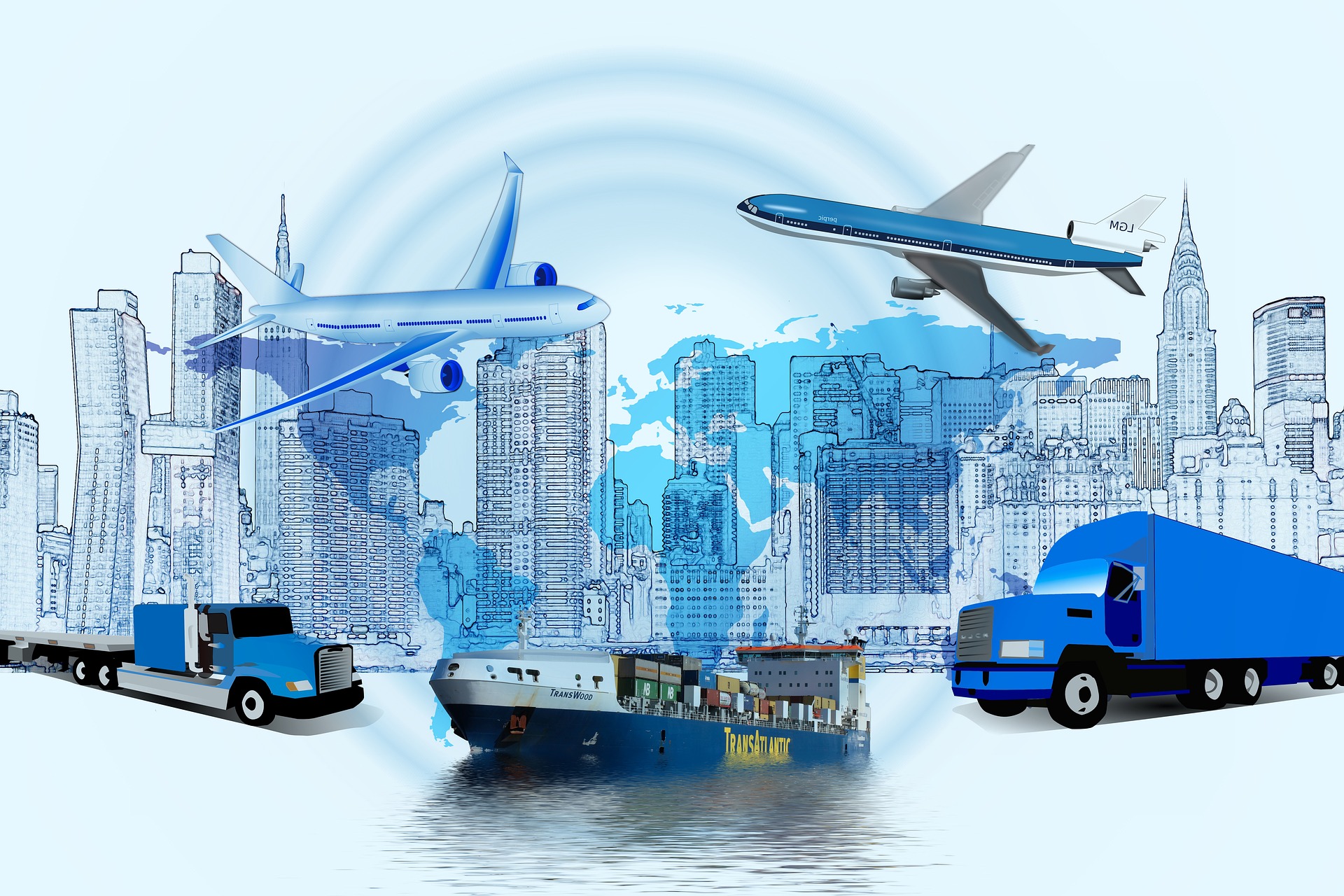Navigating the Complex World of Freight Services
Freight services form the backbone of global commerce, enabling the movement of goods across vast distances and complex supply chains. As businesses increasingly operate on a global scale, understanding the intricacies of freight transportation becomes crucial for maintaining efficiency and competitiveness. This article delves into the multifaceted world of freight services, exploring key aspects that businesses and individuals should consider when shipping goods.

How do different modes of transportation impact freight services?
The choice of transportation mode significantly influences the speed, cost, and suitability of freight services. Road freight offers flexibility for short to medium distances, allowing door-to-door delivery with the ability to reach remote locations. Rail freight, while less flexible, provides an economical option for long-distance, high-volume shipments, particularly for landlocked areas. Sea freight remains the most cost-effective choice for international bulk shipments, albeit with longer transit times. Air freight, though expensive, is unmatched in speed and is ideal for time-sensitive or high-value goods. Many modern freight services utilize intermodal transportation, combining different modes to optimize efficiency and cost-effectiveness.
What role does technology play in modern freight services?
Technology has revolutionized the freight industry, enhancing efficiency, transparency, and customer experience. Advanced tracking systems allow real-time monitoring of shipments, providing valuable insights into transit times and potential delays. Artificial intelligence and machine learning algorithms optimize route planning and load matching, reducing empty runs and improving overall efficiency. Blockchain technology is being explored to enhance supply chain transparency and streamline documentation processes. Moreover, digital platforms and marketplaces are connecting shippers with carriers more efficiently, fostering competition and improving service quality.
How do freight services contribute to supply chain management?
Freight services are integral to effective supply chain management, acting as the connective tissue between various stages of production and distribution. They enable just-in-time inventory management by ensuring timely delivery of raw materials and finished products. Freight service providers often offer value-added services such as warehousing and distribution, allowing businesses to streamline their operations and reduce overhead costs. By providing visibility into the movement of goods, freight services help companies identify bottlenecks, manage risks, and make data-driven decisions to improve their supply chain efficiency.
What challenges do freight services face in today’s global market?
The freight industry grapples with several challenges in an increasingly complex global marketplace. Fluctuating fuel prices and environmental regulations impact operational costs and necessitate investments in more sustainable practices. Geopolitical tensions and trade disputes can disrupt established routes and create regulatory uncertainties. The ongoing digitalization of the industry, while beneficial, also exposes freight services to cybersecurity risks. Additionally, the COVID-19 pandemic has highlighted the vulnerability of global supply chains to disruptions, prompting a reevaluation of resilience and contingency planning in freight services.
How do businesses choose the right freight service provider?
Selecting an appropriate freight service provider is crucial for businesses aiming to optimize their logistics operations. Key factors to consider include the provider’s network coverage, service reliability, technological capabilities, and industry expertise. Cost is a significant consideration, but it should be balanced against service quality and the provider’s ability to meet specific needs. Many businesses opt for freight forwarders or third-party logistics providers (3PLs) that offer comprehensive solutions tailored to their unique requirements.
| Provider | Services Offered | Key Features/Benefits |
|---|---|---|
| DHL | Global express delivery, freight transportation, supply chain solutions | Extensive global network, customs expertise, advanced tracking |
| FedEx | Express and ground delivery, freight forwarding, customs brokerage | Time-definite delivery options, specialized services for industries |
| Maersk | Ocean and inland freight, supply chain management, digital solutions | Integrated logistics services, sustainability focus, end-to-end visibility |
| UPS | Package delivery, freight transportation, contract logistics | Diverse transportation fleet, supply chain optimization tools |
| C.H. Robinson | Multimodal transportation, logistics outsourcing, consulting | Global freight services, technology-driven solutions, market insights |
In conclusion, freight services play a pivotal role in facilitating global trade and supporting complex supply chains. As the industry continues to evolve, embracing technological advancements and addressing environmental concerns, businesses must stay informed about the latest trends and best practices in freight services. By understanding the nuances of different transportation modes, leveraging technology, and choosing the right service providers, companies can enhance their logistics efficiency and gain a competitive edge in the global marketplace.




